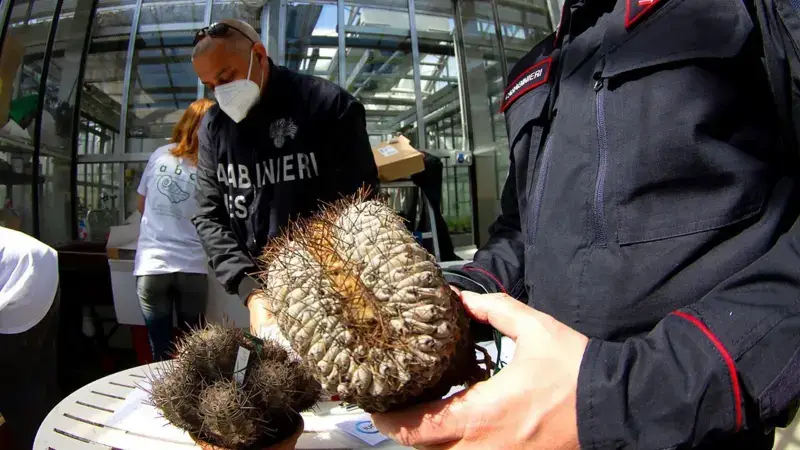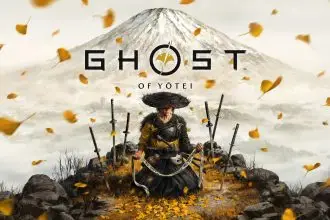Have you ever heard of a multi-million-dollar theft from a barren desert? If not, let’s take you to the remote Atacama Desert in Chile—one of the driest places on Earth—where the theft of a rare cactus species sparked an international investigation and a historic court case.
The story began in 2013 when customs officials at Milan Malpensa Airport in Italy intercepted a suspicious shipment: 143 rare cacti plants. The plants belonged to a unique desert cactus group called Copiapoa, native to Chile and highly prized for their geometric shapes, resilience, and beautiful once-a-year blooms in white, yellow, or orange.
From coin-sized to car-sized, these cacti grow merely a centimeter a year and are among the world’s most coveted by collectors.

The Collector Behind the Crime
Andrea Piombetti, a prominent Italian cactus collector known in plant circles, was deeply fascinated by the Copiapoa. His Facebook profile featured cactus imagery, and his WhatsApp status boldly claimed: “King of Cactus Pirates.” He was even seen wearing a jacket that read “King of Chile.”
In 2013, Italian authorities caught the illegal shipment with forged documents. Further searches of Piombetti’s home and a friend’s property uncovered more cactus boxes. Experts identified many of these as Copiapoa plants, some older than Piombetti himself.
Forensic soil tests confirmed these cacti were illegally removed from their natural habitat. Though the initial case was dismissed due to legal time limits, that was not the end.
The Operation Reignited
In 2020, another complaint surfaced—Piombetti was suspected of stealing a rare plant from botanist Andrea Cattabriga’s nursery. When police visited his home again, he refused them entry. But when they eventually gained access, what they found was staggering: over 1,000 rare cacti crammed into storage rooms, including many Copiapoa.
Piombetti claimed the room keys were lost, and even his passport was “missing” (later found above a closet). His travel records showed he had visited Chile five times between 2016 and 2019.
Digital evidence from his laptop and phone helped investigators uncover a broader smuggling network involving ten other traders and buyers. These rare plants were sold through private online auctions to clients across the globe—including a Japanese buyer in the fashion industry sending €2,500 monthly.
The seized plants alone were valued at over €1 million.
Operation Atacama Begins
Authorities dubbed the case “Operation Atacama”—one of the largest illegal cactus trafficking busts in Europe. In 2020, the Italian government launched a new case against Piombetti and his accomplices for violating international biodiversity laws.
The five-year-long trial, ending in January 2025, unearthed critical insights into plant trafficking. Most remarkably, nearly 840 of the seized cacti were returned to Chile—marking the first known case of plants repatriated to their country of origin.
Barbara Goettsch, co-chair of the IUCN Cactus and Succulent Plant Specialist Group, called it a milestone. “I don’t know of any other case where plants were returned. It was a real victory,” she said.
The Copiapoa plants are now housed in a greenhouse managed by Chile’s National Forest Corporation. While some are reportedly missing, officials say they can’t comment until April 2025.
Still, the plants may never return to the wild—they lack exact provenance data, so they’ll likely be used for research and conservation.
Preserving the Desert’s Crown Jewels
Meanwhile, local conservationists like Mauricio González and Rodrigo Castillo continue their fight to protect the wild Copiapoa. As part of the volunteer group Caminantes del Desierto, they educate people about the region’s unique flora and fauna.
“These plants adapted over centuries,” González says, pointing at a twisted cactus emerging from a desert crevice. “That one could be 100 years old.”
Sadly, many inexperienced locals, lured by online contracts from global collectors, are now part of the illegal trade—uprooting and discarding rare cacti without understanding their ecological value.
The case of Andrea Piombetti reminds us that even the harshest landscapes have treasures worth protecting—and that the illegal wildlife trade doesn’t only threaten animals but plants too.


